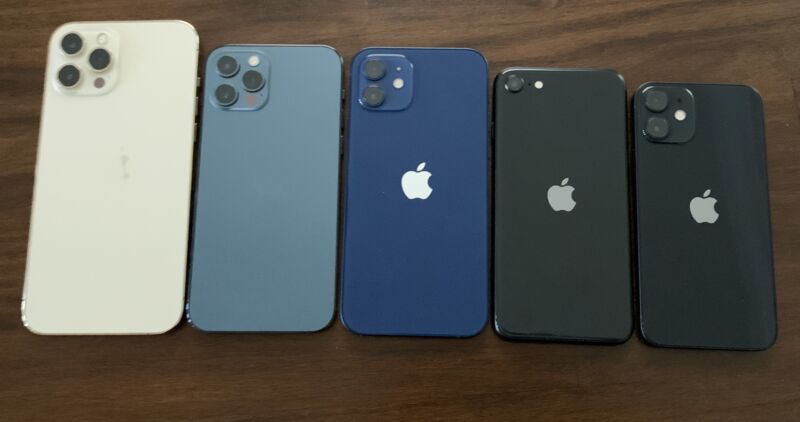
Researchers at Brigham Young University conducted a study to see how much blue-light-reducing features like Apple’s Night Shift improve sleep quality. Their conclusion? Night Shift doesn’t help at all.
In the study, which was published in Sleep Health, the BYU researchers assessed the sleep quality of 167 young adults, asking each to wear a wrist accelerometer before sleep. Participants were randomly assigned three conditions regarding iPhone use before bed: one group didn’t use their iPhones at all, one group used their iPhones without Night Shift enabled, and another group used their iPhones with Night Shift enabled.
“There were no significant differences in sleep outcomes across the three experimental groups,” the researchers concluded.
For individuals who slept more than 6.8 hours per night, there was some improvement in sleep quality for those who did not use their smartphones at all. But Night Shift didn’t have a significant impact, and there was no difference between those who used smartphones and those who didn’t when the amount of sleep was less than 6.8 hours per night.
“This suggests that when you are super tired, you fall asleep no matter what you did just before bed… the sleep pressure is so high, there is really no effect of what happens before bedtime,” said Chad Jensen, one of the researchers.
The researchers further posited that mental stimulation, not the kind of light displayed, plays a role in impacting sleep quality for those who regularly get a sufficient amount of sleep.
The takeaway for users of these devices seems to be that the old adage holds up—avoiding smartphone use before bed can improve your sleep. But the study undermines the common belief that features like Night Shift (which has its parallels in products made by other companies besides Apple) can mitigate the negative effects of smartphone use on sleep.
“While there is a lot of evidence suggesting that blue light increases alertness and makes it more difficult to fall asleep,” Jensen explained, “it is important to think about what portion of that stimulation is light emission versus other cognitive and psychological stimulations.”
https://arstechnica.com/?p=1762865

